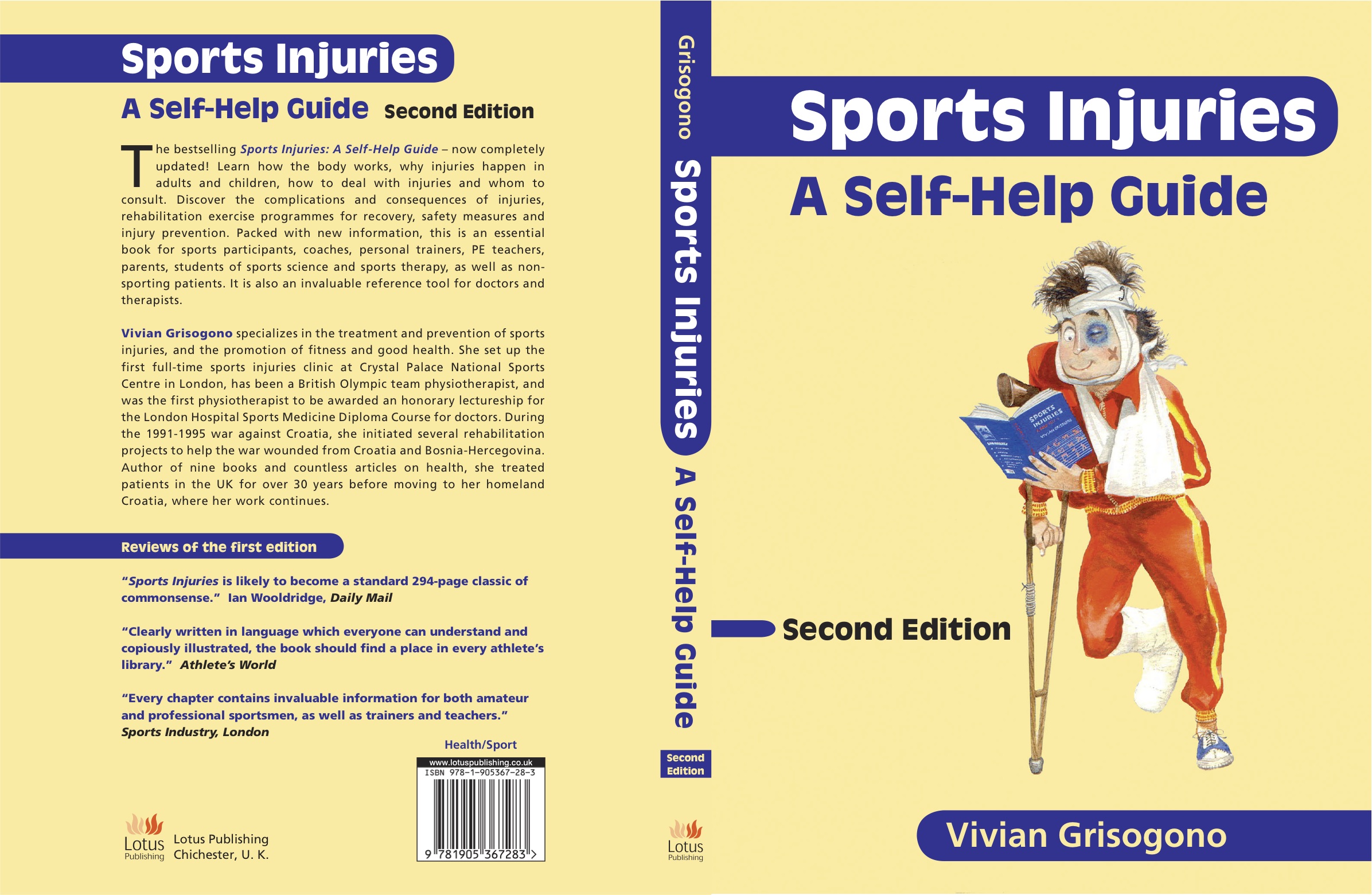Antibiotics
ANTIBIOTICS AND SELF-CARE
Use with care
Swallowing a pill is all too often seen as the quick solution to problems of ill-health. This is not so. Using antibiotics incorrectly can lead to recurrence of illnesses or infections. Prescription of antibiotics is becoming less widespread, as patients and doctors alike are becoming aware that they are not a cure-all, and that they have to be used with discretion. But a lot of people still rely on them without understanding their overall effects, or how to use them to best advantage for recovering good health.
Antibiotics create an artificial feeling of wellness. But they take their toll of the body’s systems, at the same time as they destroy harmful organisms. The natural immune system defences are undermined, so resistance to further infections is reduced. You are also more prone to soft-tissue injuries and strains while your immune system is low.
Antibiotics can make the body more vulnerable to food intolerance reactions, including skin effects and joint or muscle pains. Certain antibiotics cause side-effects such as skin rashes, flaky skin or thrush. Overuse of a particular antibiotic can lead to allergy to it. Body energies are lowered, which can be tiring and depressing. Some antibiotics can in themselves cause a level of depression and occasionally hallucinations. It has also been suggested that, taken long-term, antibiotics may have an adverse effect on the memory.
Over the years, the link between the overuse of antibiotics and the rise of so-called 'superbugs' such as MRSA (Methicillin-resistant staphylococcus aureaus) and CDiff (Clostridium difficile) has become clear. Doctors and other practitioners who prescribe pharmaceutical medicines have been strongly advised to limit prescription of antibiotics to specific cases where they are definitely needed. The practice of taking antibiotics preventively, or in cases of viral infection is discouraged, as is self-medication. Concern has also been expressed about the routine administration of antibiotics to animals, poultry and fish reared in cramped conditions and destined for human consumption.
Let the immune system recover
If you are taking antibiotics, there are two priorities: firstly, to recover from the illness or infection which made you take them in the first place, secondly to recover from the weakening effects of the antibiotics themselves. This applies equally, whether you are feeling ill, or whether you are suffering from an apparently superficial infection such as a gum abscess or skin wound and feel well in yourself.
Antibiotics may bring quick relief from the symptoms, but don’t be tempted to continue with normal daily activities, including exercise and sports, on the assumption that the medicine has cured the illness or infection.
If you take antibiotics for an illness or infection, remember that rest, preferably in bed, is essential. If you really cannot spend a day or two in bed, try to organize yourself so that you can lie down and sleep or doze at regular intervals during the day, or whenever you feel the need. Leave out all activities which are not absolutely essential. Do not force yourself to stay awake reading, watching television or talking to people. However undemanding such activities might seem, they are mentally tiring when your energies are drained. You may find it difficult to sleep through the night if you sleep a lot during the day, but do not worry, your sleeping patterns will regulate themselves as your energies return to normal.
If you take antibiotics for an infection such as an abscess rather than an illness, and you do not have symptoms of being unwell, complete bedrest is probably not necessary, but you should have rest breaks at frequent intervals during each day, and you must avoid over-tiring yourself.
Recover fully
After a course of antibiotics, it is common to feel tired and run-down, sometimes even depressed, and therefore very low on energy. If you have had more than one course of antibiotic treatment in quick succession, the immune system can remain undermined for a long time.
Do not try to get back to normal immediately after you have finished the course. You need at least five days, sometimes even longer, to recover from the effects of the antibiotics alone, and you need that time clear of the antibiotics in order to judge whether you are fully over your illness or infection. On no account should you do strenuous labour, exercise, sports or journeys (especially by plane) before all the effects of illness, infection and the antibiotics have had a chance to clear completely. You risk causing a recurrence of your problems, or even longer term effects such as chronic fatigue syndrome.
To recover fully, you have to conserve energy. Try to pace yourself carefully each day. Include rest and relaxation periods within your daily schedule. Use deep breathing exercises to help your lungs work properly and to calm the system. Check your pulse rate first thing in the morning, and during the day if it seems to vary a lot. Eat a healthy diet with regular meals, plenty of fruit and vegetables, and foods like natural yoghurt to restore the beneficial bacteria in the gut which are part of your natural immune defences. Make sure your digestive system and sleeping patterns get back to normal.
Once your body is functioning properly, your energy levels are good, and you feel in balance, you can return safely to your normal activities, providing you do so in easy stages.

